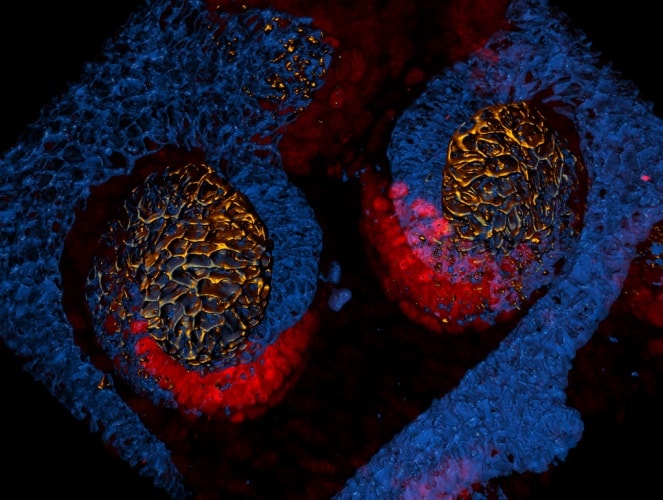Using a silicon nanofilter to remove toxins, salts, some small molecules, and water from the blood, the researchers have created a prototype device that mimics the function of a human kidney. Based on manufacturing methods used in the production of semiconductor electronics and microelectromechanical systems, the cup-sized device is designed to function on blood pressure alone, without a pump or electrical power.

According to the researchers, the silicon nanofilters have several advantages over the filters currently used in dialysis machines, including a more uniform pore size. The device will be connected internally to the patient’s blood supply and bladder and implanted near the patient’s own kidneys, which are not removed.
“We are increasing the options for people with chronic kidney disease who would otherwise be forced onto dialysis,” said nephrologist William Fissell from Vanerbilt University.
The research recently received a $6 million grant through the National Institute of Biomedical Imaging and Bioengineering’s Quantum Program. In September the project was selected by the US Food and Drug Administration (FDA) for its new Expedited Access Pathway, a programme intended to speed development of medical devices with the potential to combat life-threatening or irreversibly debilitating diseases.
“We aim to conduct clinical trials on an implantable, engineered organ in this decade, and we are coordinating our efforts with both the NIH and the US Food and Drug Administration,” said Shuvo Roy, a bioengineer from UCSF who led the research with Fissell.




Glasgow trial explores AR cues for autonomous road safety
They've ploughed into a few vulnerable road users in the past. Making that less likely will make it spectacularly easy to stop the traffic for...